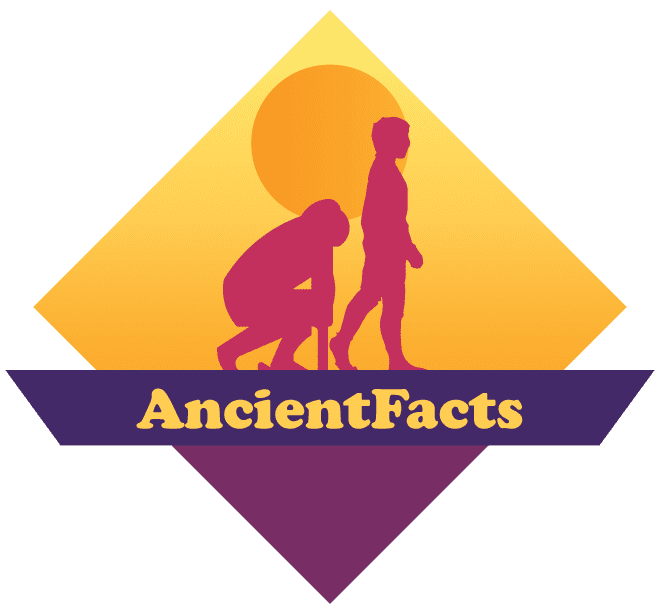If you see that there are pages listed in your sitemap but do not appear in the crawl results, these are likely orphan pages. On-Page SEO is crucial for helping search engines understand your content and deem it worthy of a high ranking. High-quality content (On Page) can attract high-quality backlinks (Off Page), and vice versa. Thus, focusing on only one aspect can limit your site’s potential to achieve higher rankings and visibility. Off Page SEO encompasses actions taken outside of your own website to impact your rankings within SERPs. This aspect of SEO focuses on building the site’s reputation and authority, which heavily influences BHS Links how search engines view your site.
User-focused content
When ChatGPT and other generative AI tools burst on the scene in late 2023, many predicted that the death of SEO was imminent. Search engines would wither away, with people turning to AI answer engines like Perplexity and Gemini to answer all their queries. Lucky for all the SEO pros out there, that prediction has not yet proved correct.
- But be sure not to neglect the other SEO performance factors for too long.
- Optimizing for visual search now can help future-proof your content.
- Google’s core algorithm is designed to reward sites that provide a better user experience.
- If your focus keyword is “SEO Strategy For SAAS Companies”, it would be insane to load all those keywords multiple times in a page.
- Our SEO company provides you with the services you want in a plan made specifically for you.
Basic technical knowledge will help you optimize your site for search engines and establish credibility with developers. Although both are important for rankings and search visibility, on-page and off-page SEO each solve for different SEO factors. For higher pages per session, include internal links strategically throughout your content and offer suggestions for related articles or resources at the end of the page. A positive UX boosts user satisfaction and signals to search engines that your site provides value. They act as signposts, guiding visitors and search engine bots through your site.
Content Quality, Readability, and Keyword Relevance and Placement
A well-crafted meta description can improve the click-through rate from the search results to your website. Help search engines discover and understand the relationships between different pages on your website by adding internal links to your content. While keywords are both helpful and necessary for SEO, it’s important to avoid keyword stuffing. This is when you excessively repeat keywords or key phrases in your content with the intention of manipulating search engine rankings.
By placing it in the URL, Google will understand the context of your page better. If Google saw your title said “How to Change a Tire” but your page just listed different types of tires, they wouldn’t rank your page for that keyword. It wouldn’t be relevant to the user’s query because it doesn’t focus on changing tires. If a user searches, “how to change a flat tire,” they expect to end up on a page that provides them with that information. They don’t want to end up on a page with listings of different tire brands.

